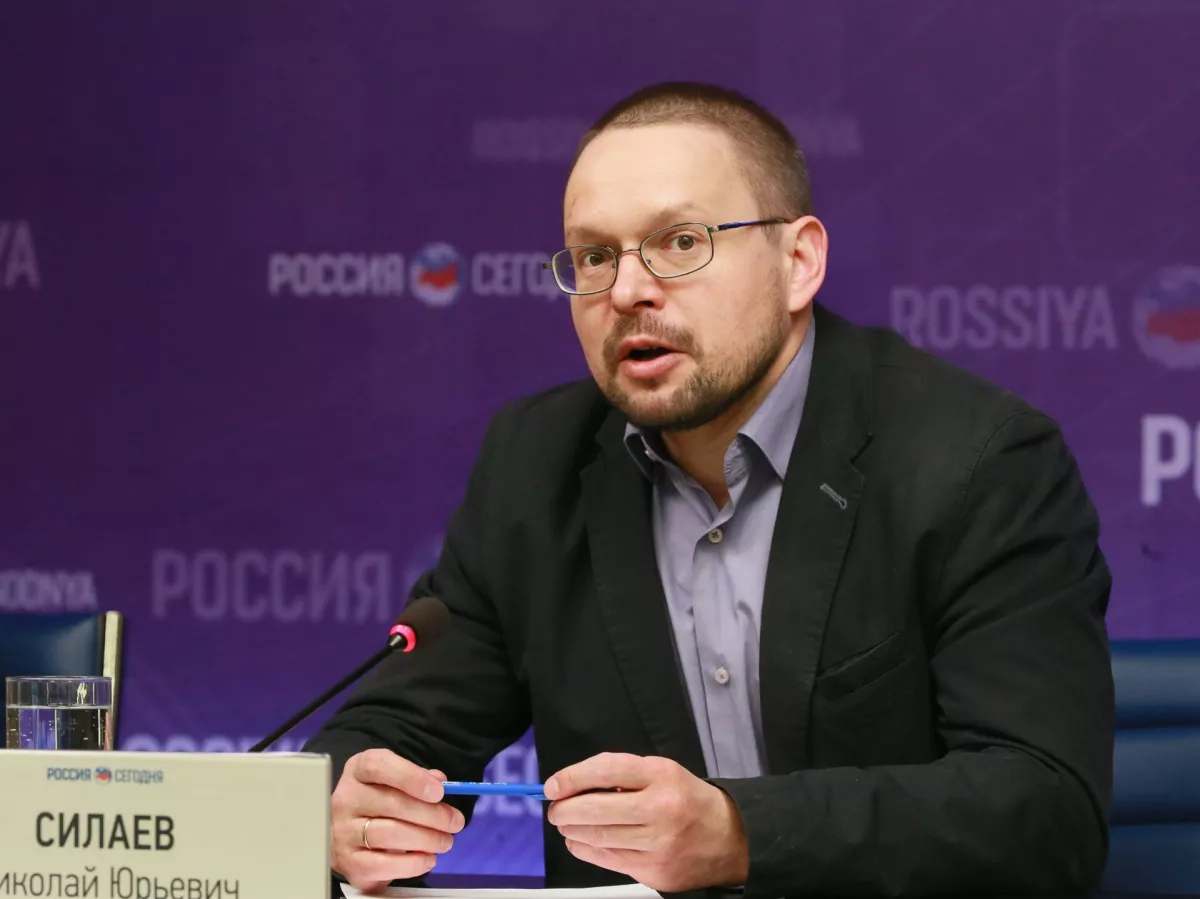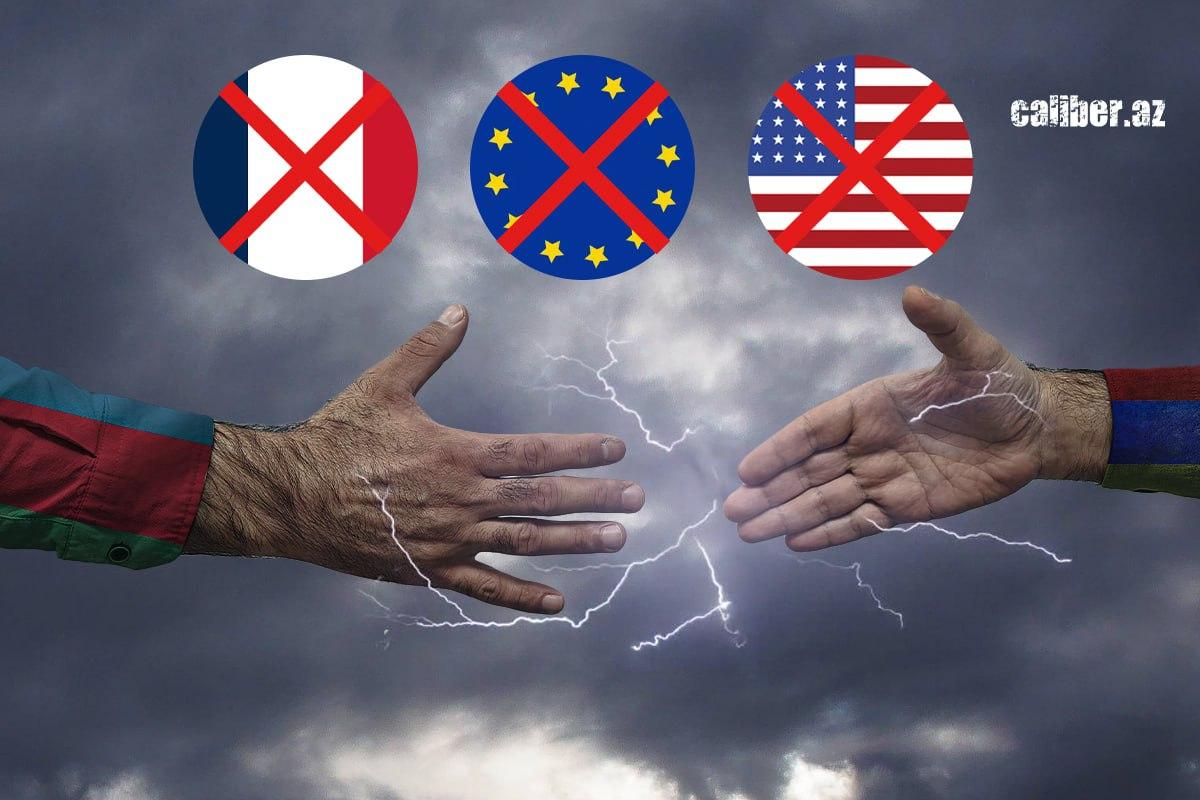Intonation and enunciation Moscow forum debates Armenia’s shift from Russia
A roundtable discussion and the presentation of an analytical brief by the Russian International Affairs Council titled “Russian-Armenian Cooperation at the Present Stage” recently took place at the TASS news agency. The speakers addressed the prospects of Armenia’s so-called foreign policy diversification — in simpler terms, the country’s potential departure from Moscow’s sphere of influence.
Dmitry Sidorov, Head of the Department of Foreign Regional Studies at the Maurice Thorez Moscow State Linguistic University, expressed doubts about whether Western arms could replace Russian weapons for Armenia in the event of a military escalation. He pointed out that Russian arms had been sold with preferential terms and supported by a well-established training programme, while other exporters would have to start from scratch.
Anna Pak, Associate Professor at the Department of International Economic Relations at RUDN University, spoke about the deep-rooted processes that bind the member states of the Eurasian Economic Union (EAEU), concluding that — economically speaking — Armenia has no viable alternative to the EAEU.
The most politically and semantically charged speech came from Nikolai Silayev, a leading research fellow at the Institute for International Studies at MGIMO University under the Russian Foreign Ministry. Dismissing attempts to justify the actions of the Armenian leadership as rational decision-making, Silayev sceptically addressed the notion of diversifying Armenia’s security system — calling it a “gentle formulation” and merely an attempt to “simulate diversification.” His core argument was that weapons Armenia buys from sources other than Russia are, in fact, funded through increased trade turnover with Russia — for well-known reasons. Moreover, the expert lamented that Armenians are reluctant to recall the deliveries of Russian weapons to Armenia during the 44-day war.

What we’re seeing here is a trend set by Russian Foreign Minister Sergey Lavrov during his recent visit to Yerevan. At a joint press briefing with Ararat Mirzoyan, in response to a question from an Armenian journalist about Russian arms used by Azerbaijan against Armenia, Lavrov cut him off by reminding that Russian weapons had been used by Armenia to occupy and hold Azerbaijani territories.
Silayev is now doing much the same — effectively stating that in 2020, Russia helped Armenia retain its occupation of Azerbaijani territories. Taken together, this forms perhaps the strongest message Moscow has delivered to Pashinyan and Armenia’s pro-European forces, who so readily shift the blame for the collapse of the "miatsum" dream onto Russia. What Russia is saying, in essence, is that the entire "glory of miatsum" was only possible because of its backing. One can assume that such statements will increase both in number and in intensity as Armenia’s election campaign gains momentum.
Overall, speakers took a mocking tone toward Armenia’s attempt to diversify its security architecture, arguing that the country is following a foreign path that is harmful to its statehood. However, it's worth noting that this argument would be more credible if the experts themselves were not advocating for a Russian alternative in place of a Western one.
There was also a noticeable undercurrent of resentment toward the hypothetical prospect of rapprochement between Armenia and Azerbaijan, as well as Türkiye. Tigran Meloyan, an analyst at the Centre for Mediterranean Studies at the Higher School of Economics, remarked that Armenia’s relations with Russia have deteriorated in parallel with the growing discourse in Armenia about the possibility of peace with Azerbaijan and Türkiye.

Andrey Areshev, an expert at the Strategic Culture Foundation, stated in turn that the next step for Yerevan — following the normalisation of relations with Azerbaijan and Türkiye — would be the unconditional withdrawal of Russian military bases and border guards from Armenian territory.
The speakers’ expressions of concern were couched in terms of Armenia’s security, which is, of course, portrayed as being primarily threatened by Azerbaijan and Türkiye. Curiously, a consensus seemed to form among the panelists around the idea that Azerbaijan supposedly has no intention of signing a peace agreement with Armenia.
The aforementioned Silayev asserted that, from a legal standpoint, only Russia provides Armenia with security guarantees. “Neither France nor anyone else will offer such guarantees,” the experts repeated — echoing, almost word for word, the old revolutionary anthem The Internationale: “No saviour from on high delivers. No faith have we in prince or peer…” In the end, the consensus was that the Armenian leadership would eventually shed its illusions and return to the realisation of the necessity of a strategic alliance with Russia.
Stripping away the propaganda gloss, it becomes apparent that Russian political analysts are ostensibly concerned about the prospect of losing Armenia as a lever to contain Turkish influence in the South Caucasus. Yet the rather nonchalant tone with which the discussion was conducted suggests that, in reality, they may not be overly troubled by Armenia's trajectory at all.








